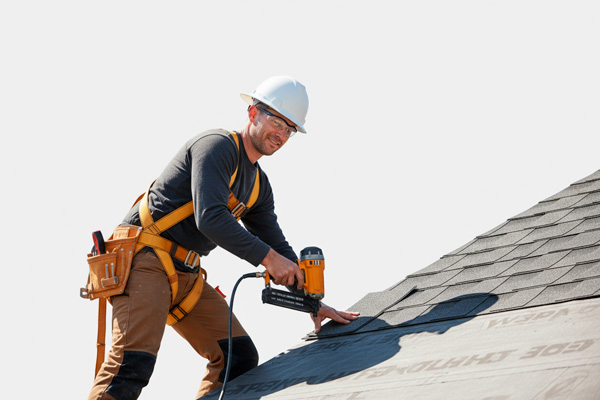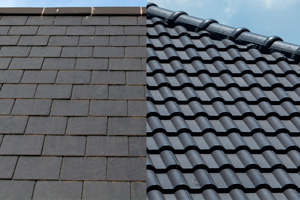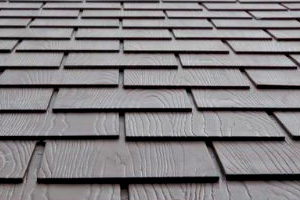
Why Choose Clean Builders for Roofing?

Affordable, versatile, and easy to install. Provide solid weather protection, good insulation, and come in a variety of colors and styles.

Durable, energy-efficient, and long-lasting. Reflects heat, resists harsh weather, and requires minimal maintenance for decades of reliable performance.

Elegant and timeless appearance. Offers exceptional durability and fire resistance, though heavier and more expensive than other roofing options.

Engineered to mimic natural materials like wood or slate while offering improved weather resistance, lighter weight, and long-lasting modern performance.

Providing comprehensive solutions for decking, siding, and roofing, ensuring top-notch quality and seamless integration for every project.

As a trusted turnkey provider, we manage every stage in-house—delivering consistent, efficient results across multiple large-scale projects.

We deliver turnkey window and glazing solutions with proven expertise in replacements for remodeling projects—backed by long-term guarantees and the capacity to efficiently manage multiple jobs at once.

A stress-free, all-in-one service that fits your schedule and budget—efficiently managing multiple jobs to simplify your toughest tasks.
In most cases, you shouldn’t replace your roof until it's near the end of its lifespan. This could be 20 years, 30 years, 50 years, or even longer, based on the roofing material.
Yes, you can install a new roof over an old one. However, a nail-over reroof just nails a new roof over an already falling one by skipping the tear-off process. While it’s cheaper than a new roof system, it comes with major risks and drawbacks. That’s why reputable roofing contractors recommend a full roof replacement 99 times out of 100.
The average cost is a great starting point, but you know there are multiple roofing materials. There are even different types of asphalt shingles that vary in quality and price.
The majority of homeowners can expect a roof to last around 20-25 years. This is because most homes have architectural asphalt shingles, the most common roofing material in the United States. But just like pricing, every roofing material (or even asphalt shingle) is different. Each one comes with a specific lifespan, either from the manufacturer or expertise from the roofing industry.
The roofer you hire impacts everything for your roofing project, so choosing the right one is important. The best way to do this is by talking to and getting estimates from 2 to 3 roofing companies.
After a roof is installed, it comes with two types of warranties. The first warranty is from the roofing contractor on their workmanship.
The length of your workmanship warranty varies from company to company, ranging from 2, 5, 10, 25 years, or even a lifetime warranty. I recommend looking for a lifetime warranty or close to it.
However, any roofing contractor that takes pride in their work should offer at least a 10-year workmanship warranty. The second is a material warranty to protect against defective products or other manufacturer errors.
However, each roofing material offers a different type of material warranty. So, it’s important to consider the warranty when making your material decision.